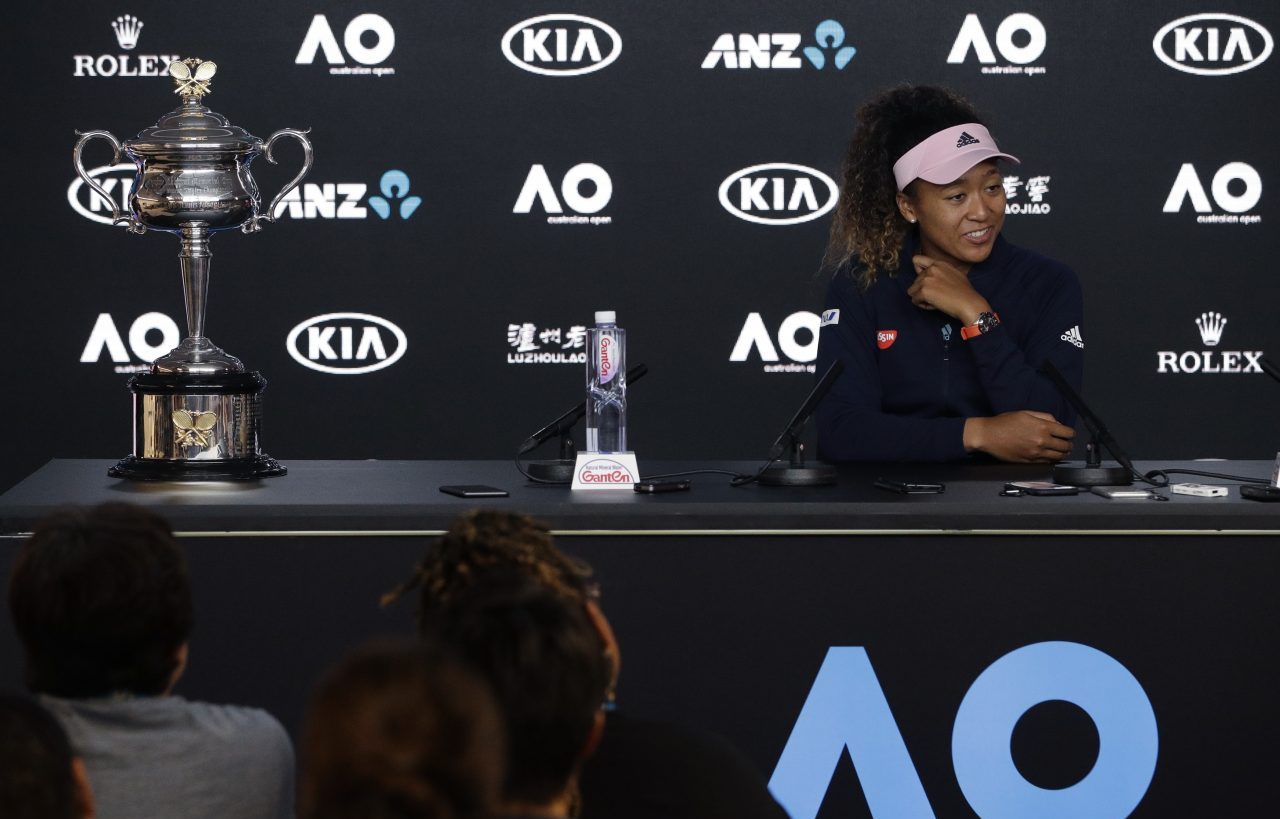
By Dr. Vandy Pacetti-Donelson |
According to Rich Perelman, the editor of TSX Report in a recent article about Naomi Osaka’s experiences with the press at the U.S. Open, “the press still matters.” I wonder if this statement is actually true in the manner in which Mr. Perelman intended.
In the world of sports, sports properties have traditionally used press conferences to entertain questions from diverse media outlets all at once to market and attract coverage of the sport to provide sustainability. There is a commonly held belief that sponsors are attracted to athletes who receive coverage in media outlets and pay hefty sponsorships to the athletes and the venues that host sports to market their products. Sport is an entertainment industry where sponsorship pays the bills.
This belief that media coverage provides sustainability is rooted in the early 20th century experiences of newspaper publishers who understood that covering sports would sell newspapers. Mr. Perelman used the example of Osaka relaying her break from tennis to the assembled press at a post-match press conference as “exactly the right forum to get her message out because the press still matters.” Her message was delivered through tears and sobs to the point that the moderator attempted to end the session, but Mr. Perelman’s article considered this the right moment to relay the possible ending of her career? It was a convenient moment as the press were already assembled, but was it the best moment for Osaka? Was it the best moment to place on the face of tennis for young people and future players of the game?
Nicole Kraft, an Associate Professor of Clinical Communication at Ohio State University in a recent blog post indicated that during the early 20th century of sport reporting, journalists developed relationships with teams, coaches, and athletes. Coverage was balanced and more in-depth with substance. Sports journalists of that era provided access that could not be accomplished in other ways. These journalists were more than just receivers of announcements, but the storytellers of the athletes of that era. In this way, their connection provided the sport with sustainability and the American public with entertainment, but it also provided athletes with recognition as humans with flaws and shortcomings, setbacks and triumphs that would be a part of their athletic story.
With the internet and its effect on sport, media coverage has changed. According to Mike Florio of NBS Sports Pro Football Talk, the reality is simple. “While there may have been a time when forcing the athletes to participate in these P.R. exercises made sense, times have dramatically changed with the rise of social media and the various other channels for getting the word out about a given sport. Teams and leagues can now promote their endeavors in a wide variety of ways, up to and including launching their own media companies. Taking a step back in light of the current technologies, it seems more than a bit backward to think that one of the ways for promoting a sport includes forcing someone to speak to the media when that person doesn’t want to do it.”
Sport journalism is at a juncture of development and so is sport as an entertainment industry. What role media plays in this industry is changing dramatically as well and how this communication should take place must evolve. Otherwise, media is not sharing the story of great sport, but some of the worst moments in the lives of individual athletes. Mr. Perelman, maybe I was hoping you would say that “good storytelling matters” no matter where we find it.
I agree with Nicole Kraft, “Sports journalists have extraordinary access that can inform fans’ understanding of the athletes and their performances, but they must do better if they are to remain relevant.” The after-match press conference may not be the best place to do better in sports journalism.
Dr. Vandy Pacetti-Donelson is an Assistant Professor and Director of the Library and Instructional Design at the United States Sports Academy in Daphne, Ala.